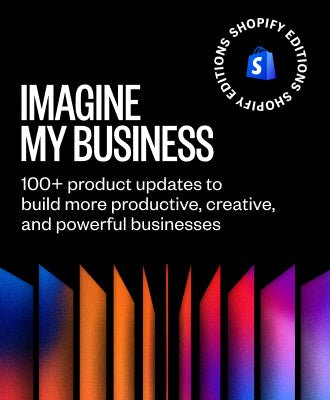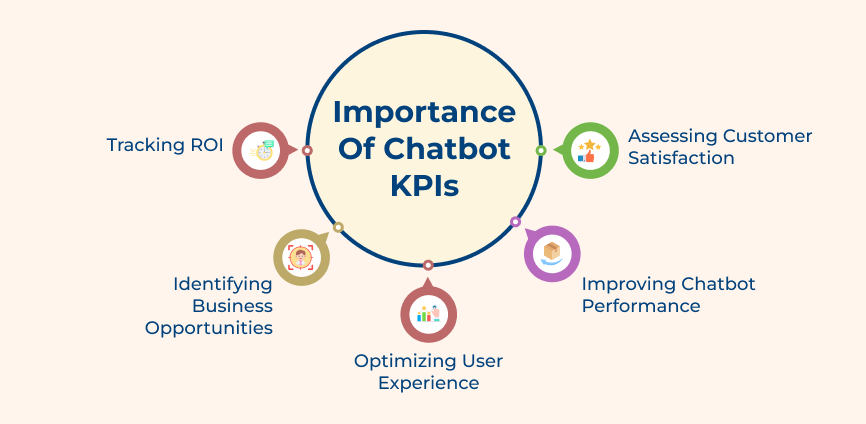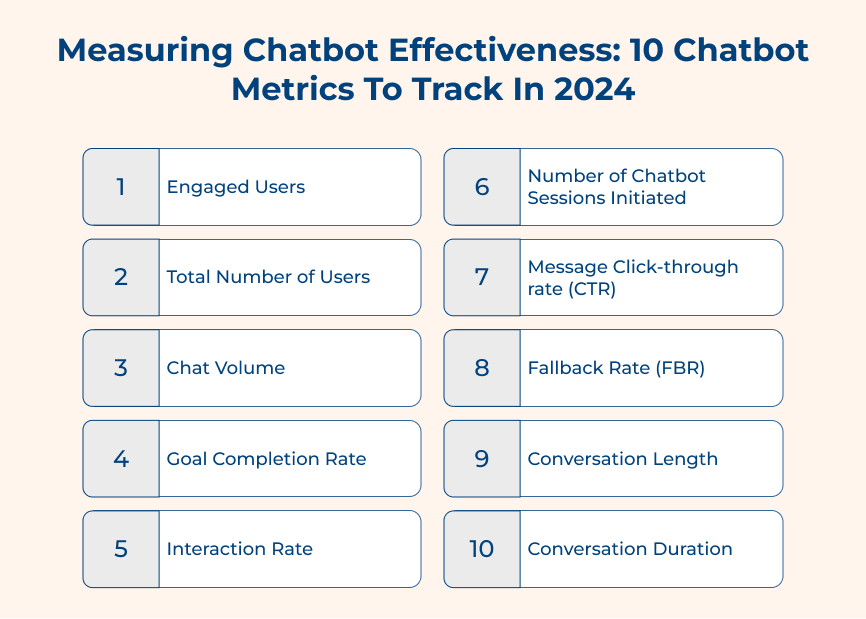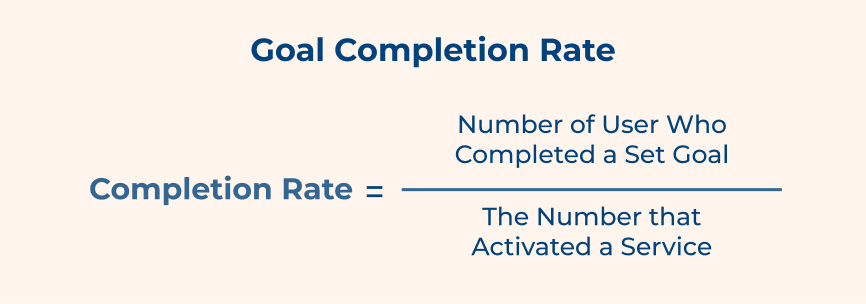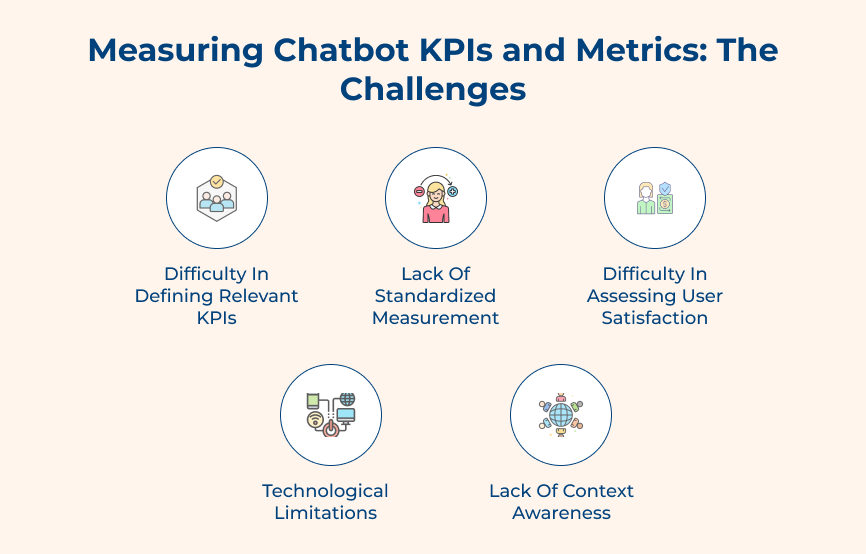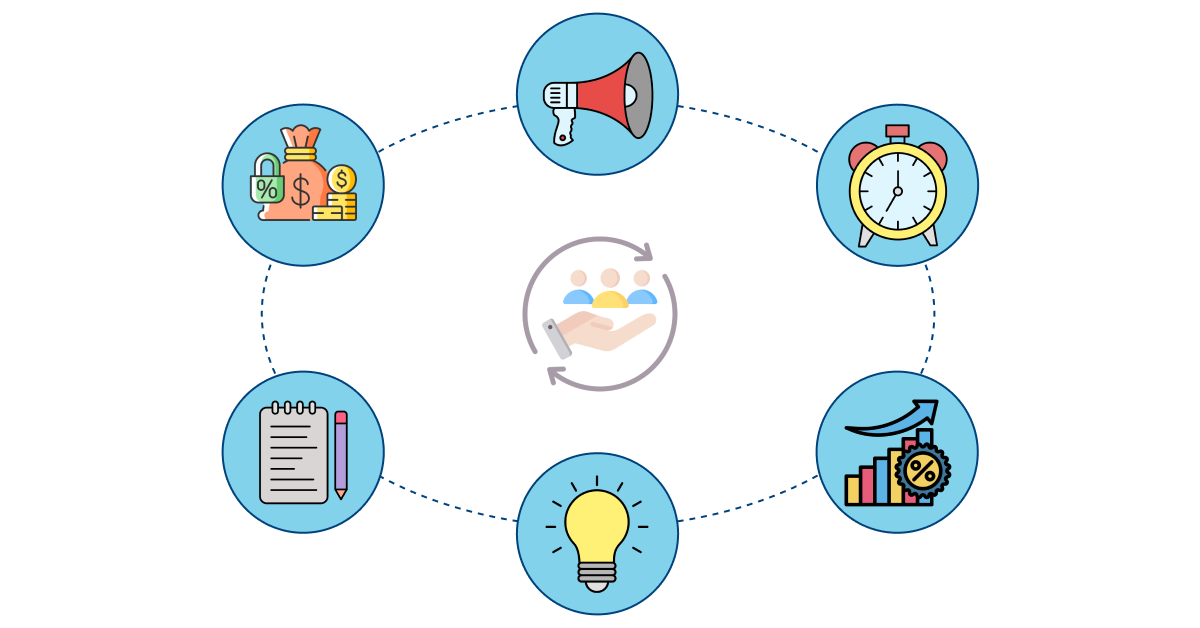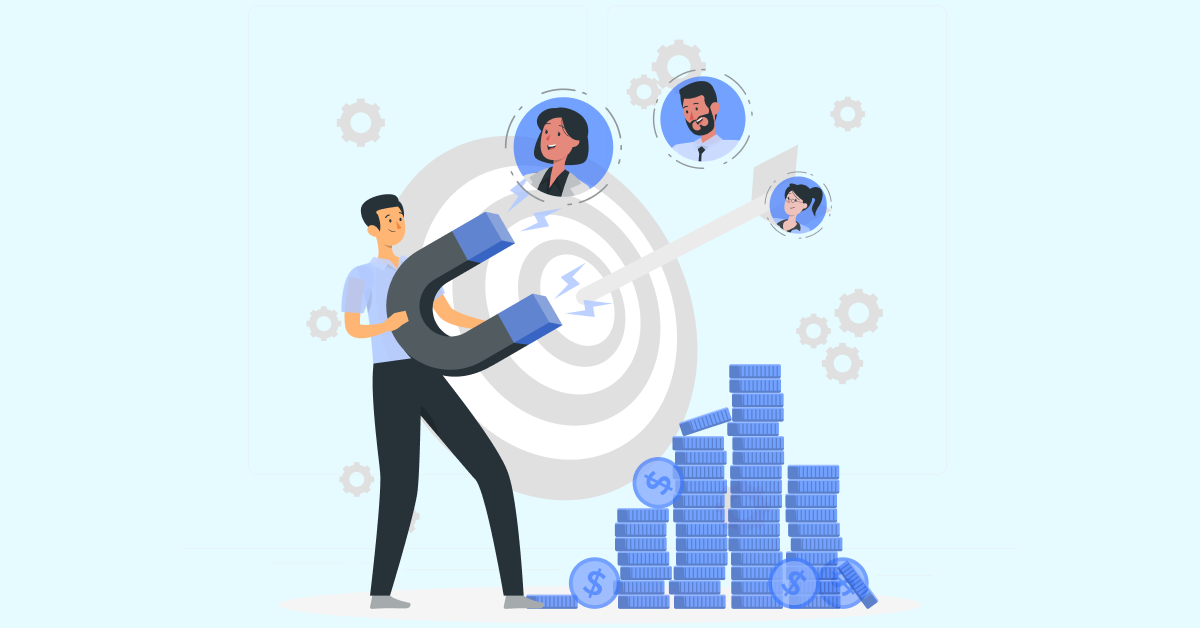1. Difficulty in Defining Relevant KPIs
One of the primary challenges in accurately measuring chatbot KPIs is determining what metrics are most relevant to track. Chatbots can serve various purposes, from providing customer support to generating leads. Identifying the specific AI chatbot KPIs that align with the goals and objectives of the chatbot can be complex. Different industries and businesses may have different KPIs based on their specific requirements.
2. Lack of Standardized Measurement
Unlike other marketing metrics, there is no standardized framework or industry guidelines for measuring chatbot success. The lack of standardization can make it challenging to compare performance across different chatbots or even within the same industry. The absence of a consistent measurement framework can lead to subjective evaluation.
3. Difficulty in Assessing User Satisfaction
Measuring user satisfaction and sentiment is critical in evaluating chatbot performance. But gauging user satisfaction accurately can be challenging due to various factors. Chatbots may misinterpret user intentions or fail to understand certain queries, leading to frustration and dissatisfaction among users.
4. Technological Limitations
Chatbots heavily rely on Natural Language Processing (NLP) and Artificial Intelligence (AI) algorithms to understand user queries to provide appropriate responses. The technologies are not perfect and can sometimes struggle with complex queries, unusual phrasing, or slang.
5. Lack of Context Awareness
Chatbots often face challenges in understanding the context behind user queries. Without understanding the context, chatbots may provide irrelevant or incorrect responses. The lack of contextual understanding can impact the measurement of chatbot metrics as the chatbot may either take longer to resolve an issue or provide inaccurate solutions.
Measure the Success with Chatbot KPIs & Metrics
Measuring the success of the chatbot is vital to evaluating its effectiveness and making necessary improvements. Companies can gather important data on user engagement, customer satisfaction and overall bot performance by using the KPIs of the chatbot.
Metrics such as click-through rate, bounce rate and average session duration can further enhance the understanding of user behavior. Regularly analyzing the chatbot metrics is the only way to optimize the chatbot’s performance and ensure that it continues to meet expectations.




